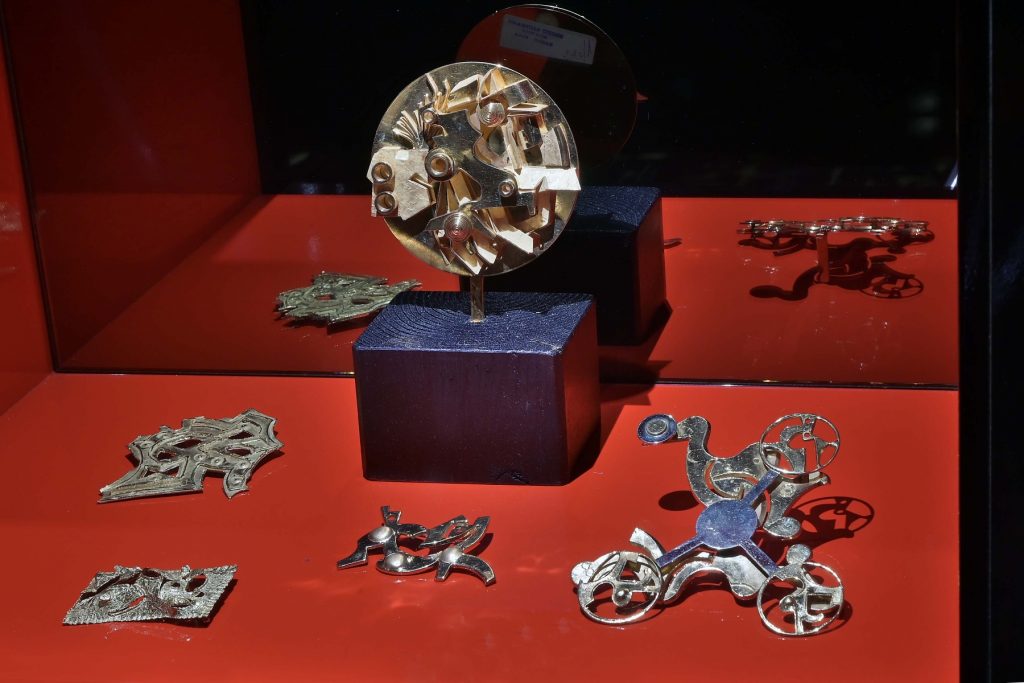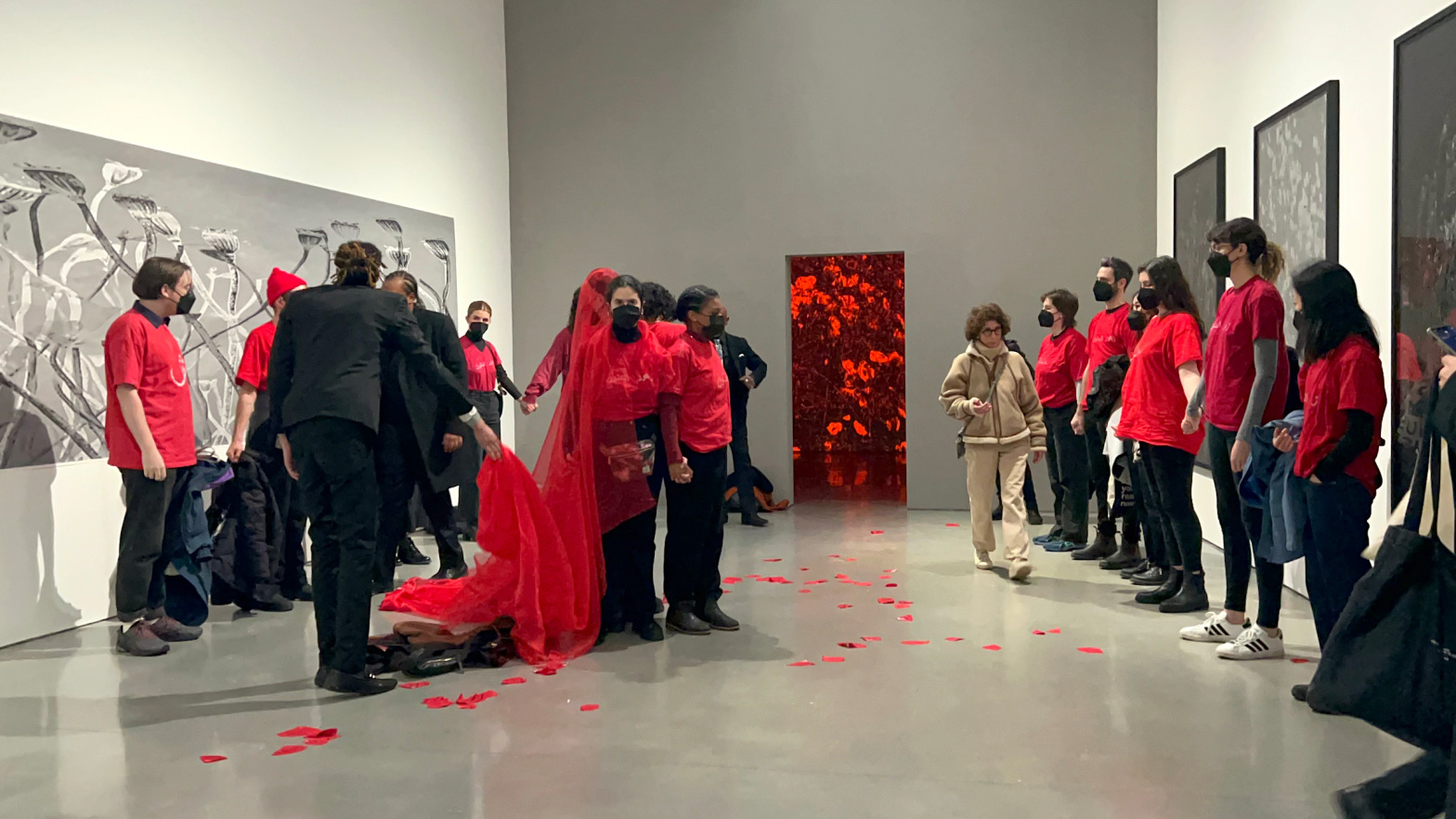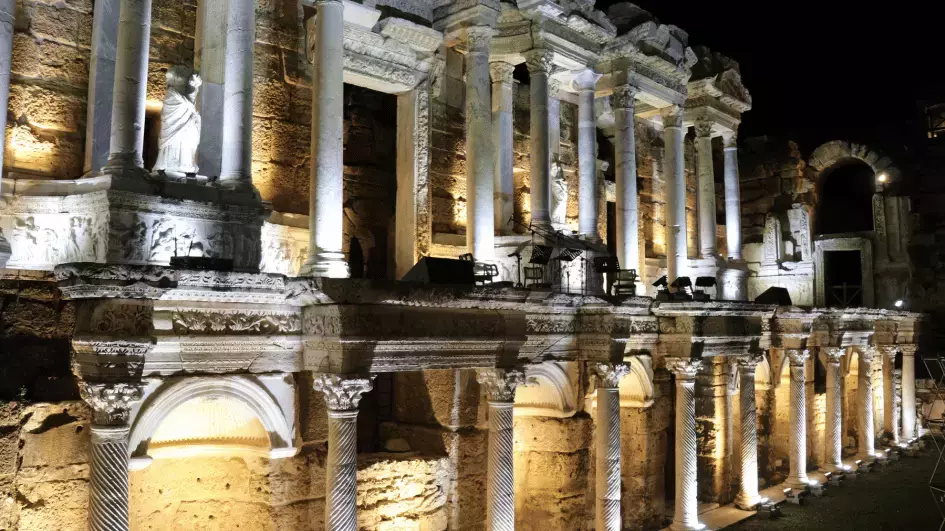Almost 50 pieces of gold jewelry crafted by the esteemed Italian sculptor Umberto Mastroianni, valued at 1.2 million euros, were stolen in a targeted heist at an exhibition in northern Italy, curators reported on March 9.
Described as a “highly specialized gang,” the perpetrators made off Wednesday night with nearly the entire assortment of rings, bracelets, pendants, and sculptures by Mastroianni, renowned as one of Italy’s preeminent contemporary sculptors. The stolen pieces were displayed at the Vittoriale degli Italiani estate on Lake Garda.
According to a statement released by Vittoriale after a press conference addressing the theft, only one item from the collection, valued at 1,207,400 euros (approximately $1.3 million), was recovered elsewhere on the estate.
“These extraordinary artifacts, true ‘wearable sculptures,’ constitute the most significant legacy of the master’s gold creations,” remarked Lorenzo Zichichi, president of the Centre for Studies of the Works of Umberto Mastroianni.
Should the pieces remain unrecovered, the loss—nearly the entirety of Mastroianni’s gold collection, which belonged to his family—would be deemed “priceless,” Zichichi added.
Titled “Like a Warm and Fluid Gold: The Golds of Umberto Mastroianni,” the exhibition debuted in December at the Museo d’Annunzio Segreto.
The works, which spanned from the 1950s until Mastroianni’s passing in 1998, were meticulously designed and forged by the sculptor, renowned for his monumental creations.
“Of the 49 pieces stolen, only one, titled ‘Man/Woman,’ was later discovered within the complex,” the Vittoriale disclosed, refraining from elaborating further.
Giordano Bruno Guerri, head of Vittoriale, declined to discuss the specifics of the robbery, citing ongoing investigations by law enforcement and art experts.
“However, our security systems are extensive and already of the highest caliber; evidently, we were targeted by a highly skilled gang,” Guerri remarked, noting that adjacent jewels remained untouched.
Born in Fontana Liri, south of Rome, in 1910, Mastroianni’s legacy includes monuments across various Italian municipalities commemorating the World War II resistance movement. In 1987, he donated 27 sculptures to the state.
The Vittoriale, an estate commissioned by Gabriele D’Annunzio, the Italian polymath and World War I figure, now serves as a national monument overseen by a foundation.







